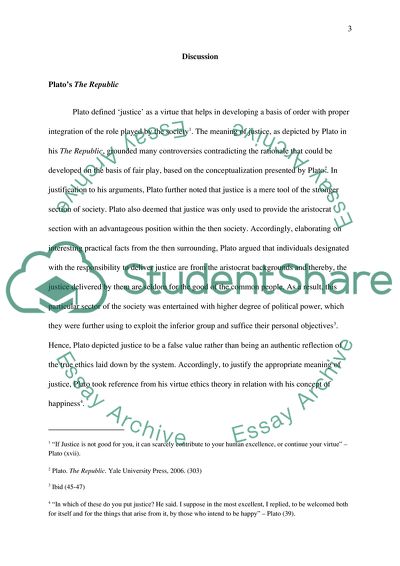Cite this document
(Ancient and Medieval Political Theory Essay Example | Topics and Well Written Essays - 1500 words, n.d.)
Ancient and Medieval Political Theory Essay Example | Topics and Well Written Essays - 1500 words. https://studentshare.org/social-science/1842067-ancient-and-medieval-political-theory
Ancient and Medieval Political Theory Essay Example | Topics and Well Written Essays - 1500 words. https://studentshare.org/social-science/1842067-ancient-and-medieval-political-theory
(Ancient and Medieval Political Theory Essay Example | Topics and Well Written Essays - 1500 Words)
Ancient and Medieval Political Theory Essay Example | Topics and Well Written Essays - 1500 Words. https://studentshare.org/social-science/1842067-ancient-and-medieval-political-theory.
Ancient and Medieval Political Theory Essay Example | Topics and Well Written Essays - 1500 Words. https://studentshare.org/social-science/1842067-ancient-and-medieval-political-theory.
“Ancient and Medieval Political Theory Essay Example | Topics and Well Written Essays - 1500 Words”. https://studentshare.org/social-science/1842067-ancient-and-medieval-political-theory.


